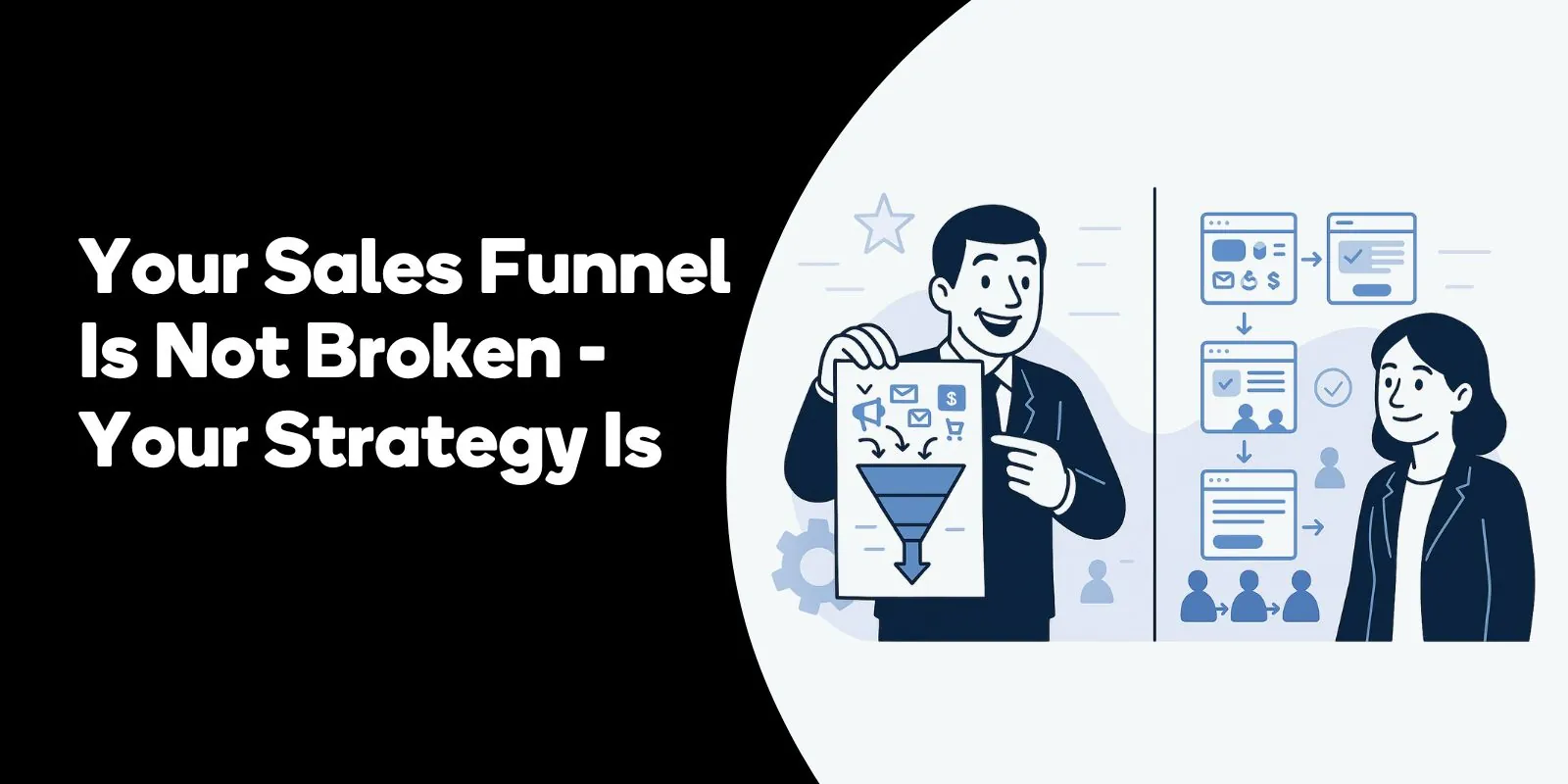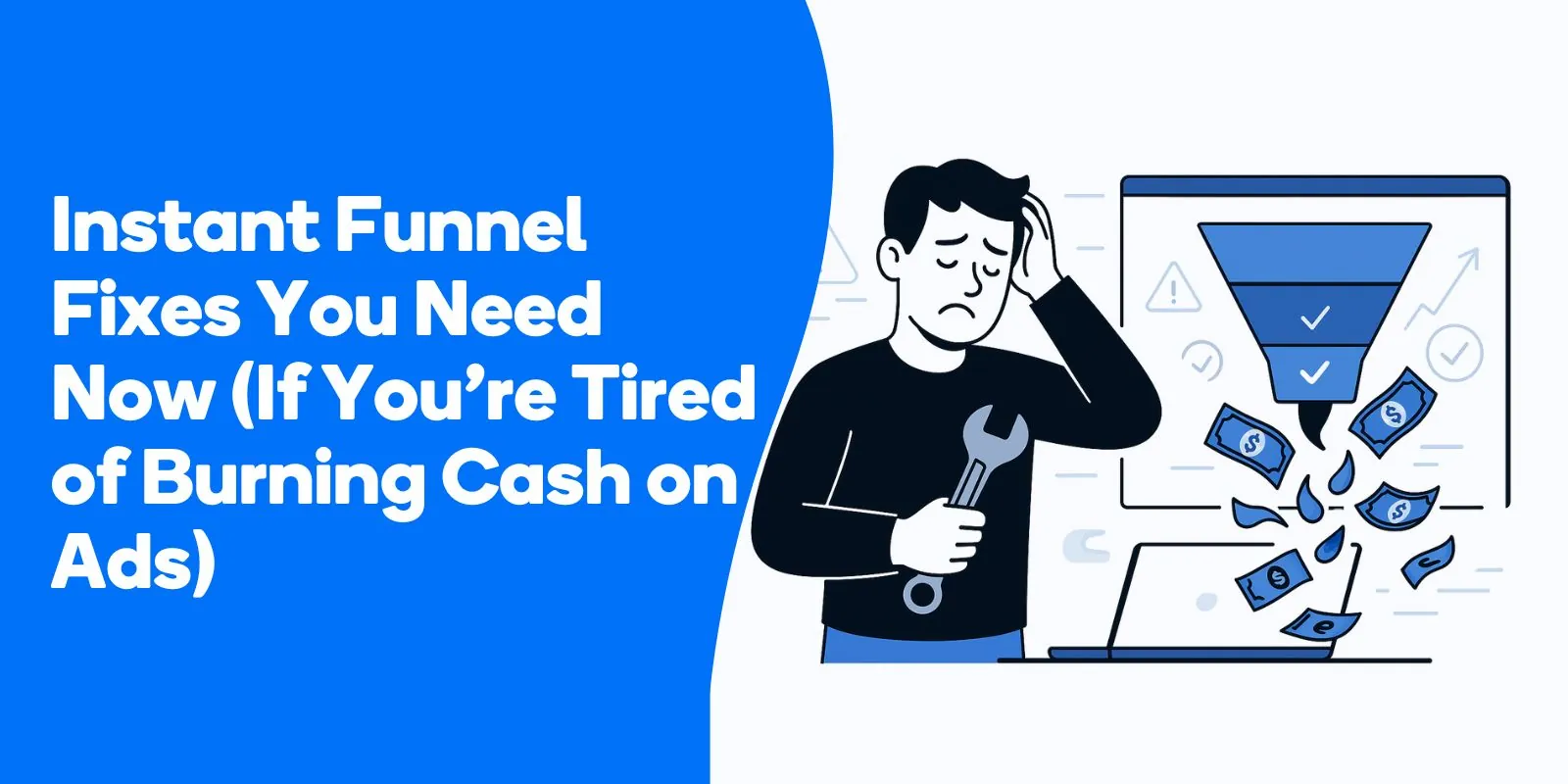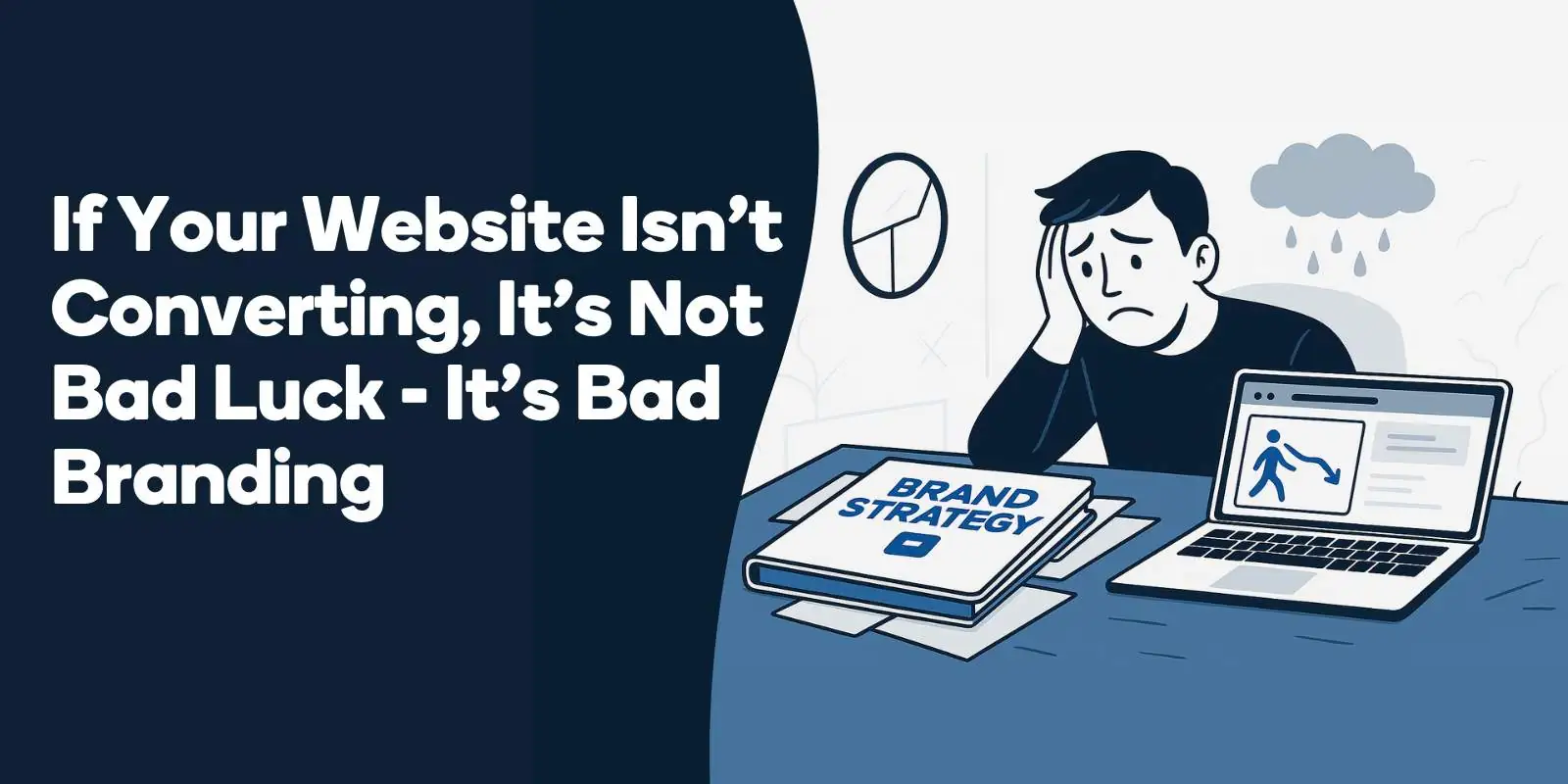This comprehensive off-page SEO checklist has been my secret sauce to skyrocketing my website’s authority and rankings.
You see, off-page SEO goes hand-in-hand with on-page SEO, and to truly dominate those search engine results pages, we’ve got to give it the attention it deserves.
So, buckle up and get ready for a detailed, step-by-step guide that’ll set you on the path to SEO success.
Let’s get started!
Backlinks
Backlinks are the backbone of off-page SEO. They’re like a vote of confidence from other websites, telling search engines that your content is valuable and relevant.
But remember, not all backlinks are created equal; quality matters more than quantity.
7 Actionable Backlinks Tips:
- Focus on earning high-quality backlinks from authority sites. This will not only boost your rankings, but also help build your site’s E-A-T (Expertise, Authoritativeness, Trustworthiness).
- Use competitor analysis to find opportunities for link building. Analyze their backlink profiles and try to replicate their strategy for your website.
- Create high-quality, shareable content to attract natural links. This is the most sustainable and organic way to build your off-page SEO presence.
- Reach out to other websites for guest posting opportunities. This is an excellent way to gain authority links and increase your brand’s visibility.
- Broken link building can be an effective tactic. Find broken links on other sites and offer your own relevant content as a replacement.
- Use social media to amplify your content and encourage others to link back to your website.
- Collaborate with influencers in your niche, as they often have large followings and can help drive traffic and build quality links to your site.
According to a study by Ahrefs, a strong link profile can drive up to 42% more organic search traffic.
Furthermore, research by Moz found that backlinks are one of the top three ranking factors for search engines like Google.
Now that we’ve covered the importance of backlinks, let’s move on to another crucial aspect of off-page SEO: local SEO.
Local SEO
Local SEO is essential for businesses targeting specific geographic areas. It helps improve your visibility in local search results, driving more targeted traffic to your site and ultimately leading to higher conversions.
7 Actionable Local SEO Tips:
- Claim and optimize your Google Business Profile. This will ensure your business appears on Google Maps and local search results.
- Optimize your website content for local keywords. This includes your city, state, and other relevant geographic terms.
- Encourage customers to leave reviews on platforms like Google, Yelp, and other review sites. Positive reviews can influence search rankings and build trust with potential customers.
- Include your business’s name, address, and phone number (NAP) consistently across all online directories and listings.
- Collaborate with local businesses and organizations to create valuable, location-specific content.
- Leverage local events, sponsorships, and partnerships to increase your brand’s visibility and generate local backlinks.
- Create location-specific landing pages on your website to target users searching for services or products in specific areas.
Did you know that businesses appearing in the top 3 local search results have an average rating of 4.47 stars, according to BrightLocal?
In addition, Moz found that review signals account for 15.44% of Google’s local search ranking factors. It’s clear that local SEO can make a significant impact on your off-page SEO efforts.
On to our next crucial off-page SEO factor: brand mentions.
Brand Mentions
Brand mentions are when your brand, products, or services are discussed or mentioned on other websites or social media platforms.
Even without a link, these unlinked mentions can still positively impact your off-page SEO, as search engines like Google consider them as a sign of authority and trustworthiness.
7 Actionable Brand Mentions Tips:
- Monitor your brand mentions using tools like Google Alerts, Mention, or Brand24. This will help you stay informed about what people are saying about your business online.
- Engage with people who mention your brand on social media, blog comments, or forums. This not only improves brand sentiment but also opens opportunities for link building.
- Create high-quality content that is share-worthy and easily quotable, increasing the likelihood of people mentioning your brand.
- Collaborate with influencers, industry leaders, and media outlets to amplify your brand mentions.
- Respond to both positive and negative mentions promptly and professionally to manage your online reputation effectively.
- Encourage your customers to share their experiences with your brand on social media and review sites, as this can lead to more mentions.
- Utilize social media marketing campaigns to reach a wider audience, increasing your brand’s visibility and potential for more mentions.
According to a study by Search Engine Land, unlinked brand mentions can contribute to 8% of Google’s ranking factors.
In addition, a report by Hootsuite revealed that 80% of consumers are more likely to purchase from a brand they follow on social media, highlighting the importance of online presence and brand mentions.
With a strong understanding of brand mentions, let’s explore another off-page SEO factor: social media.
Social Media
While social media might not have a direct impact on search rankings, it plays a vital role in your off-page SEO efforts by increasing your brand’s visibility and driving traffic to your site.
7 Actionable Social Media Tips:
- Develop a consistent posting schedule across all social media platforms relevant to your business, including Facebook, Twitter, Instagram, and LinkedIn.
- Share your content and engage with your audience by responding to comments, messages, and mentions. This will help create a sense of community around your brand.
- Collaborate with influencers and industry experts to increase your content’s reach and credibility.
- Optimize your social media profiles by including relevant keywords, links to your website, and an accurate description of your business.
- Utilize social media advertising to reach a larger audience and target specific user demographics.
- Monitor your competitors’ social media strategies and analyze their performance to identify areas where you can improve.
- Encourage user-generated content by hosting contests, giveaways, or challenges. This can help increase engagement and drive more traffic to your site.
According to a study by HubSpot, 74% of consumers rely on social media to guide their purchasing decisions.
Furthermore, Social Media Examiner found that 90% of marketers believe social media has increased their business’s exposure. That’s why an effective social media strategy is essential for off-page SEO success.
Next, let’s discuss guest blogging, a powerful off-page SEO tactic to build your website’s authority and rankings.

Award-Winning
Sales Funnel & Website Expert
Discover How My Agency Can Grow Your Business
- Website: Our websites are the perfect blend of form and function.
- Sales Funnel: We build sales funnels that turn leads into customers.
- SEO: Get found online with our expert SEO services.
Guest Blogging
Guest blogging involves writing and publishing content on other websites or blogs within your niche.
It’s an effective off-page SEO strategy to build high-quality backlinks, increase your brand’s visibility, and establish your expertise in your industry.
7 Actionable Guest Blogging Tips:
- Identify relevant, high-authority websites within your niche that accept guest posts. Use tools like SEMrush or Ahrefs to evaluate their domain authority.
- Pitch unique, well-researched content ideas to the target websites. Ensure your proposed topics are relevant and valuable to their audience.
- Write high-quality, engaging, and informative content that showcases your expertise and offers valuable insights to readers.
- Include a link back to your website within the content or author bio, but avoid overdoing it with promotional links, as it can hurt your credibility.
- Share your guest posts on social media and other platforms to increase visibility and reach a wider audience.
- Respond to comments on your guest posts to engage with readers and foster relationships within your niche community.
- Measure the performance of your guest posts in terms of traffic, backlinks, and engagement to identify the most effective strategies for future guest blogging efforts.
According to a study by OptinMonster, guest blogging can increase your organic search traffic by 25%.
Additionally, HubSpot found that websites with guest posts receive 97% more inbound links, showcasing the significant impact of guest blogging on off-page SEO.
Now that you have a better understanding of guest blogging, let’s explore broken link building, another effective off-page SEO tactic.
Broken Link Building
Broken link building is the process of identifying broken links on other websites, and offering your relevant content as a replacement.
It’s a win-win scenario, as you help webmasters fix broken links on their site while gaining valuable backlinks to your own website.
7 Actionable Broken Link Building Tips:
- Use tools like Ahrefs, SEMrush, or Check My Links to find broken links on websites within your niche.
- Evaluate the broken link’s content and create a high-quality, updated, and relevant replacement on your website.
- Reach out to the website owner or webmaster, informing them about the broken link and offering your content as a suitable replacement.
- Offer additional value in your outreach, such as suggesting other relevant resources or sharing insights about their website.
- Be polite, professional, and concise in your communication, as this can increase the chances of a positive response.
- Track your broken link building efforts to measure their effectiveness and identify opportunities for improvement.
- Scale your broken link building strategy by automating the process using tools or outsourcing the task to a dedicated team.
A study by Ahrefs found that broken link building can have a success rate of up to 10%, making it a viable off-page SEO strategy.
Additionally, Moz revealed that websites with more backlinks from unique domains have a higher chance of ranking on Google, highlighting the importance of broken link building in off-page SEO.
Influencer Outreach
Collaborating with influencers within your niche can significantly improve your off-page SEO efforts by increasing brand exposure, reaching a wider audience, and generating high-quality backlinks.
7 Actionable Influencer Outreach Tips:
- Identify influencers relevant to your industry who have an engaged and loyal following.
- Research and analyze the content shared by these influencers to ensure it aligns with your brand’s values and target audience.
- Establish a relationship with the influencer through social media engagement, email outreach, or attending industry events.
- Collaborate with influencers on sponsored posts, product reviews, or co-created content to promote your brand and generate backlinks.
- Measure the success of your influencer collaborations by tracking engagement, referral traffic, and conversions.
- Provide influencers with incentives such as free products, monetary compensation, or exclusive access to events.
- Maintain ongoing relationships with influencers and explore additional collaboration opportunities to maximize the benefits of influencer outreach.
A study by Mediakix found that 89% of marketers believe influencer marketing ROI is comparable to or better than other marketing channels.
Additionally, 63% of marketers plan to increase their influencer marketing budgets, emphasizing its importance in off-page SEO.
Forum Participation
Participating in industry-specific forums can help increase your brand’s exposure and drive targeted traffic to your website.
Contributing valuable insights in these forums can also help establish your expertise and generate high-quality backlinks.
7 Actionable Forum Participation Tips:
- Identify relevant forums within your niche by searching for specific keywords, phrases, or topics.
- Create a complete and professional profile that showcases your brand’s identity and expertise.
- Engage with the community by providing helpful answers to questions, contributing valuable insights, and sharing informative content.
- Add a link to your website in your forum signature or within your profile information.
- Avoid excessive self-promotion or spamming, which could harm your reputation and result in forum bans.
- Build relationships with other forum members to increase your network and establish trust.
- Monitor forum discussions to stay informed about the latest trends and issues within your industry.
A study by Moz found that 38% of marketers consider forum participation as an effective link-building strategy.
Additionally, a MarketingSherpa survey revealed that 74% of consumers rely on social media, including forums, to make purchasing decisions.
Blog Commenting
Leaving thoughtful and relevant comments on popular blogs within your industry can help you build relationships with influencers, showcase your expertise, and generate traffic to your website.
7 Actionable Blog Commenting Tips:
- Identify popular blogs within your niche and subscribe to their RSS feeds or newsletters to stay updated on their latest content.
- Read the blog posts thoroughly and leave insightful, valuable comments that contribute to the discussion.
- Use your real name and a professional profile picture when commenting to build credibility and trust.
- Include a link to your website in the provided website field, but avoid inserting promotional links within the comment text.
- Engage with other commenters to foster community interaction and networking opportunities.
- Be respectful and considerate when expressing your opinions or disagreements.
- Stay active in the comment sections of influential blogs to maintain visibility and develop long-lasting relationships with influencers.
According to a study by the Content Marketing Institute, 90% of marketers consider blog commenting to be a valuable strategy for increasing brand awareness and credibility.
Additionally, a survey by Orbit Media found that 55% of bloggers consider engaging with readers in the comment section to be an essential component of their success.
Video Marketing
Leveraging video content is a powerful way to increase brand exposure, engage your audience, and improve off-page SEO.
Videos are more likely to be shared and can generate high-quality backlinks when hosted on popular platforms like YouTube.
7 Actionable Video Marketing Tips:
- Create engaging, informative, and entertaining video content relevant to your niche.
- Optimize video titles, descriptions, and tags with relevant keywords for better search visibility.
- Host videos on popular platforms like YouTube, Vimeo, or Dailymotion to gain maximum exposure.
- Embed videos on your website and share them on social media to increase traffic and engagement.
- Encourage viewers to comment, like, and share your videos to improve their search ranking.
- Collaborate with influencers or other industry professionals to create valuable video content.
- Monitor video performance and audience engagement to refine your video marketing strategy.
Cisco predicts that by 2022, online videos will account for more than 82% of all consumer internet traffic, emphasizing the importance of video marketing for off-page SEO.
Additionally, a HubSpot survey found that 54% of consumers prefer to see video content from a brand or business they support.
Image Sharing
Sharing high-quality, visually appealing images on image sharing platforms can help improve your off-page SEO by driving traffic to your website and generating backlinks.
7 Actionable Image Sharing Tips:
- Create original, high-quality images that represent your brand and resonate with your target audience.
- Optimize image file names, alt text, and captions with relevant keywords for better search visibility.
- Share images on popular image sharing platforms such as Pinterest, Instagram, and Flickr.
- Include a watermark or logo on your images to increase brand recognition and protect against unauthorized use.
- Add a link to your website in the image description or profile information to generate backlinks.
- Engage with other users by liking, commenting, and sharing their images to build relationships and increase visibility.
- Analyze image performance and engagement to refine your image sharing strategy and create more impactful visuals.
According to a study by MDG Advertising, articles containing relevant images receive 94% more total views than articles without images.
In addition, a report by the Content Marketing Institute found that 32% of marketers consider visual content to be the most important form of content for their business.
Content Syndication
Content syndication involves republishing your existing content on third-party platforms to expand your reach, increase brand awareness, and generate backlinks.
7 Actionable Content Syndication Tips:
- Identify reputable websites and platforms within your niche that accept syndicated content.
- Ensure that the third-party platform includes a canonical tag pointing back to the original content on your website to avoid duplicate content issues.
- Repurpose your best-performing content, such as articles, infographics, or videos, for syndication.
- Reach out to the target platform with a tailored pitch, offering your content for syndication.
- Monitor the performance of your syndicated content to understand its impact on your website’s traffic and authority.
- Build relationships with platforms that consistently drive high-quality traffic and backlinks through content syndication.
- Continuously refine your content syndication strategy based on the performance data and feedback from the platforms.
According to a study by Nielsen, content syndication can increase content reach by up to 50% and improve user engagement by 300%.
Furthermore, the Content Marketing Institute found that 65% of B2B marketers use content syndication as a key tactic in their content marketing strategy.
Podcast Guesting
Appearing as a guest on industry-related podcasts can help build your brand authority, reach new audiences, and generate backlinks to your website.
7 Actionable Podcast Guesting Tips:
- Identify popular podcasts within your niche by searching on podcast directories, social media, or industry forums.
- Research each podcast’s target audience, format, and previous guests to ensure a good fit for your expertise.
- Develop a compelling pitch that showcases your unique insights, experiences, and value you can bring to the podcast.
- Reach out to podcast hosts or producers via email or social media with your tailored pitch.
- Prepare for the podcast interview by researching the host’s interview style and commonly asked questions.
- During the interview, mention your website or relevant resources to generate backlinks and drive traffic to your site.
- Promote the podcast episode on your website and social media channels to maximize exposure and reach.
A survey by Edison Research found that podcast listenership in the United States has grown by 29% since 2016, highlighting the potential reach and impact of podcast guesting.
In addition, according to Podcast Insights, 80% of podcast listeners listen to an average of 7 different shows per week, indicating a highly engaged audience.
Monitoring and Analyzing Off-Page SEO Efforts
To maximize the effectiveness of your off-page SEO strategy, it’s crucial to monitor and analyze your efforts. Regularly evaluating your performance helps you identify areas for improvement, refine your tactics, and ensure a better return on investment.
7 Actionable Monitoring and Analyzing Off-Page SEO Efforts Tips:
- Use tools like Google Analytics, SEMrush, or Ahrefs to track key off-page SEO metrics such as referral traffic, backlinks, and social media engagement.
- Monitor your brand mentions and online reputation using tools like Google Alerts, Mention, or Brand24.
- Set specific, measurable, achievable, relevant, and time-bound (SMART) goals for your off-page SEO strategy to track your progress and success.
- Regularly review your competitors’ off-page SEO strategies to identify new opportunities and stay ahead of the competition.
- Track the success rate of your outreach efforts, such as guest blogging pitches and broken link building requests, to refine your approach and improve results.
- Evaluate the impact of your off-page SEO efforts on your overall website rankings, traffic, and conversions.
- Continuously update and improve your off-page SEO strategy based on your analysis and insights to ensure ongoing success.
According to a study by SEMrush, 72% of marketers consider data analysis to be the most important skill for SEO success. Additionally, a report by CMO Council found that 61% of marketers believe data-driven marketing strategies lead to increased revenue.
Frequently Asked Questions
What is off-page SEO?
Off-page SEO, also known as off-site SEO, refers to all the activities you do outside of your website to raise the ranking of a page with search engines. These activities include but are not limited to linking building, social media marketing, influencer outreach, and content marketing. The purpose is to create a high-quality, trustworthy site that other sites will deem worthy of linking to.
What is an example of off-site SEO?
An example of off-site SEO would be backlinking. Backlinks are links from other websites that point to your site. High-quality backlinks from reputable, relevant sites can significantly improve your SEO because they suggest to search engines that others vouch for your content. Other examples include social media marketing, guest blogging, and brand mentions on other websites or forums.
What is the difference between on-page SEO and off-page SEO?
The primary difference between on-page and off-page SEO is where the optimization efforts take place. On-page SEO focuses on optimizing elements on your website for search engines. This includes site speed, keyword optimization, header text, meta tags, URL structure, and more.
In contrast, off-page SEO is about improving your website’s credibility and reputation through efforts outside your website. This mainly involves earning high-quality backlinks from other reputable websites, but also includes activities like social media marketing and guest blogging.
Is off-page SEO difficult?
Off-page SEO can be challenging because it often involves variables not directly under your control. For instance, you cannot control who links to your site or how social media users react to your content. However, with a strategic and consistent approach, it’s possible to build a strong off-page SEO foundation. Strategies might include producing high-quality, shareable content, building relationships with influencers, and engaging on social media.
What is on-page and off-page SEO list?
Here’s a list of key components for on-page and off-page SEO:
On-Page SEO:
- Keyword Optimization: Includes title tags, URL structure, and content of a page.
- Meta Description: A brief summary of the page content that appears in search engine results.
- Image Alt Tags: Descriptions for images that help search engines understand the image content.
- Internal and External Links: Links to relevant content improve your site’s credibility and ranking.
- Site Speed: Fast-loading pages improve user experience and help retain visitors.
- Mobile-Friendliness: A mobile-optimized site ranks better on Google.
Off-Page SEO:
- Backlinks: Links from other websites that point to your site.
- Social Media Engagement: Social signals like likes and shares can influence SEO.
- Guest Blogging: Writing content for other websites can lead to quality backlinks.
- Brand Mentions: Positive mentions of your brand on other websites can boost your SEO.
What are some off-page SEO elements?
Some essential off-page SEO elements include:
- Backlinks: This is perhaps the most critical off-page SEO element. Backlinks from reputable sites tell search engines your site is a reliable source of information.
- Social Media Marketing: While social media signals aren’t a direct ranking factor, they can help increase the visibility and spread of your content, which can lead to more backlinks.
- Guest Blogging: Contributing content to other reputable blogs can help establish authority in your industry and create backlinks.
- Influencer Outreach: Collaborating with influencers can result in high-quality backlinks and boost your site’s visibility.
- Brand Mentions: Unlinked mentions of your brand can also impact your SEO. Positive mentions can boost your site’s reputation and authority.
Conclusion
Off-page SEO is crucial for boosting your website’s authority, rankings, and online visibility. By implementing the strategies covered in this ultimate guide, you’ll be well on your way to achieving off-page SEO success.
Remember to prioritize quality backlinks, leverage social media, explore guest blogging opportunities, and utilize local SEO tactics.
Additionally, consider collaborating with influencers and continuously monitor your efforts to refine your off-page SEO strategy.
As search engines continue to evolve, staying informed about the latest off-page SEO trends and best practices will be key to staying ahead of the competition.
Now, it’s time to put these actionable tips to work and watch your website’s authority and rankings soar. Good luck with your off-page SEO journey!












